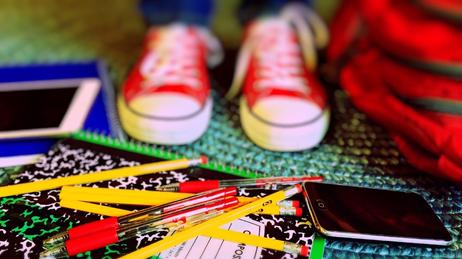Let's talk about school tests. Remember those pop quizzes, final exams, and everything in between? Today, I'd like to introduce you to a type of assessment you may need to learn about - . In an ever-evolving education landscape, these play a crucial role.
Understanding Interim Assessments
Interim assessments are like temperature checks for learning. They happen a few times throughout the school year, helping teachers gauge where students are in their learning process. Unlike the pop quizzes (formative assessments) that check daily learning or the end-of-year exams (summative assessments) that measure what a student has learned, interim assessments sit snugly in between. These can be benchmarks to compare student learning against standards, diagnostics to pinpoint specific gaps, or progress monitoring tests to see how well a student is advancing in their learning journey.
The Importance of Interim Assessments
Think of your child's learning journey as a road trip. You wouldn't want to drive across the country without a GPS or roadmap, right? Interim assessments are like GPS, providing regular updates on where the students are and helping teachers navigate the teaching process more effectively. They allow teachers to adapt their instruction to meet your child's needs. As a parent, they give you a more nuanced understanding of your child's progress beyond the report cards and parent-teacher meetings.
This video shows the approach to planning interim assessment tests that the Connecticut Department of Education takes.




















